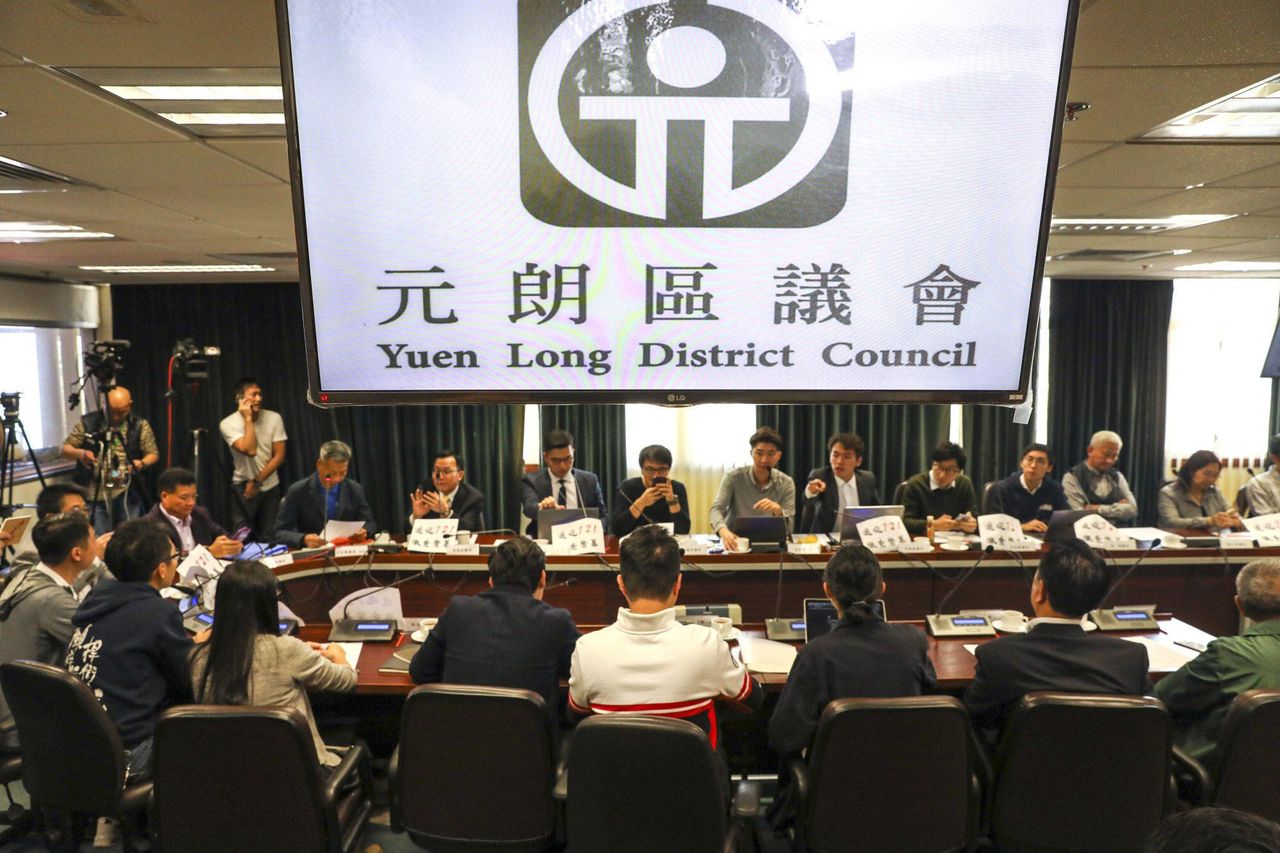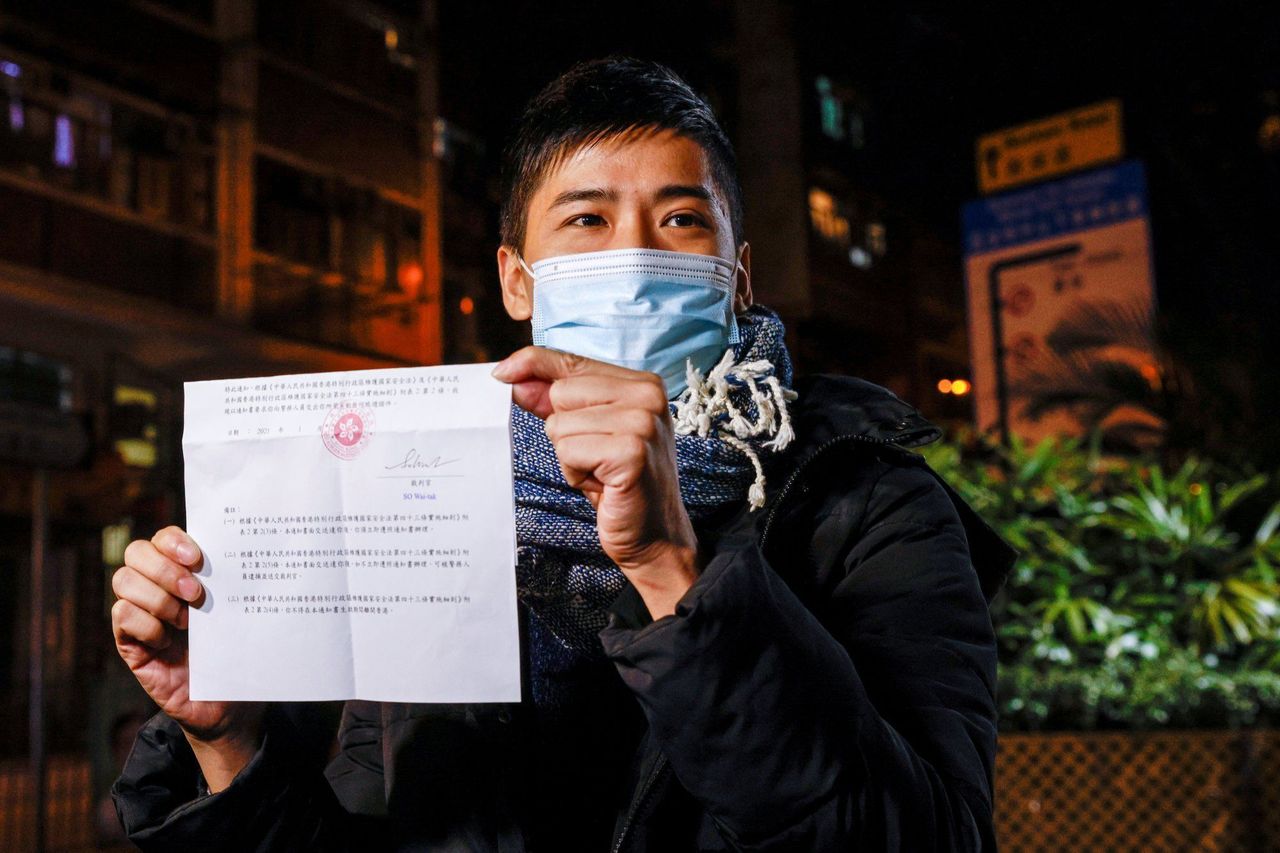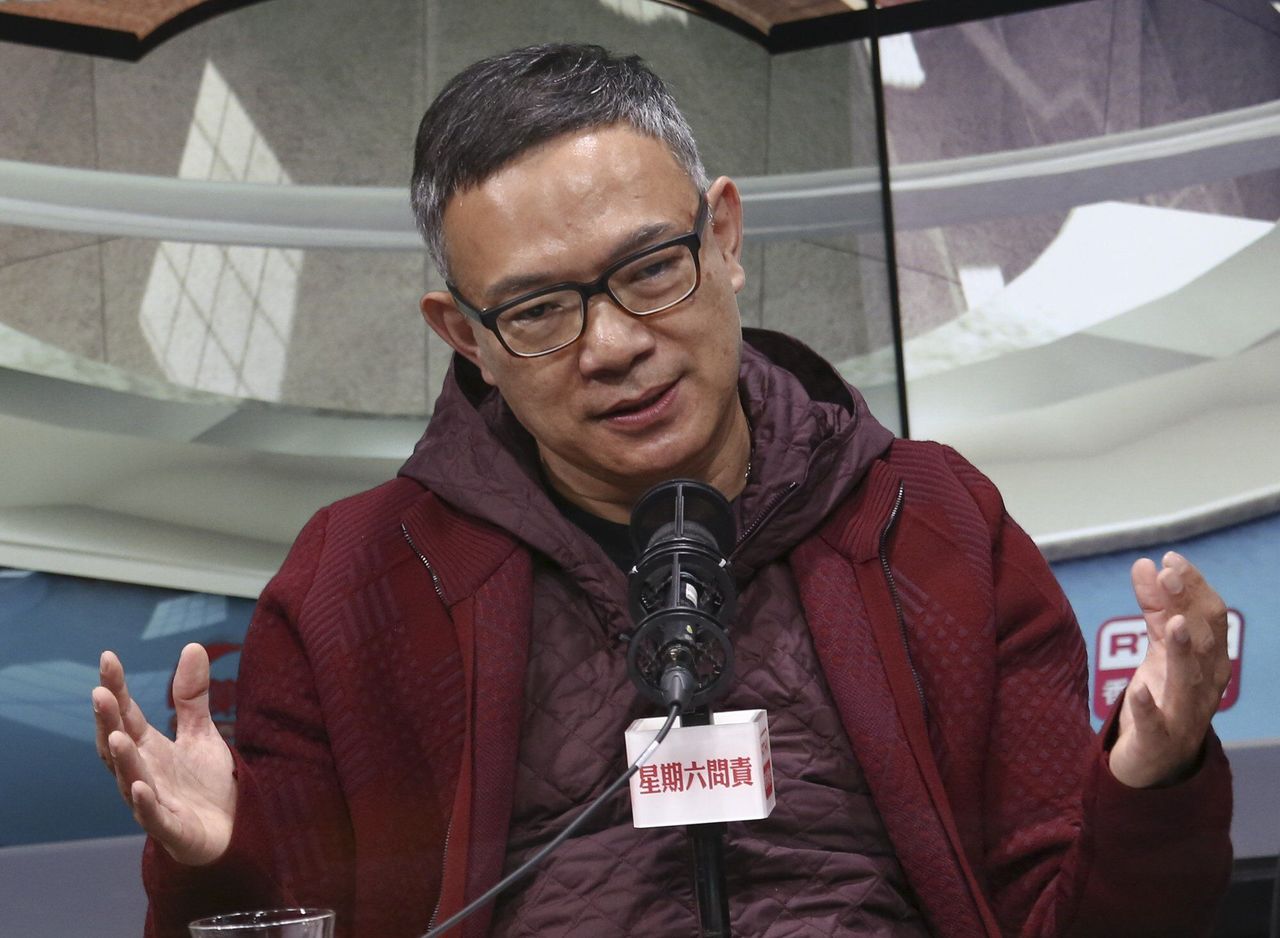Hong Kong News

What is Hong Kong’s new oath-taking bill all about, and who will be affected?
More than 400 Hong Kong district councillors will soon have to take a new oath of office pledging allegiance to the city and swearing to uphold the Basic Law, a move already causing ripples across the opposition camp.
The councillors could find themselves disqualified from office, either immediately or retroactively, if inquiries into their past conduct show they are “not patriotic”, according to details announced by the government and sources who have spoken to the Post.
The oath-taking requirement was established by Article 6 of Beijing’s national security law, imposed on Hong Kong last June, and a bill now seeks to bring local laws in line with that legislation.
The draft law also empowers the city’s justice minister to initiate legal action against lawmakers and district councillors at any time during their term of office if they are suspected of violating the oath.
Bigger groups in the opposition bloc, including the Democractic Party and NeoDemocrats, are encouraging their district councillors to take the oath, but some individual district councillors have decided to resign instead, fearing the worst.
Before the introduction of the bill to mandate oath-taking among public officials, authorities had also asked all civil servants to sign a pledge declaring they would uphold the Basic Law and swear allegiance to the government, or risk dismissal.
The pledge is also a requirement under the national security law, and so far about 200 civil servants – out of the 180,000-strong corps – already potentially face the sack for refusing to sign.
Below, the Post breaks down some of the key issues raised by the oath-taking requirement for district councillors and the powers of the authorities to disqualify them.
What is this new oath about?
The draft law, formally known as the Public Offices (Candidacy and Taking Up Offices) (Miscellaneous Amendments) Bill 2021, now before Legco aims to align the city’s legislation with Article 6 of the national security law which states that any resident “who stands for election or assumes public office” must swear to uphold the Basic Law, Hong Kong’s mini-constitution, and pledge allegiance to the city. The government expects the bill to be passed by June at the earliest. The Home Affairs Bureau will then arrange for those affected to take the oath.
Who will have to take the oath?
More than 450 elected members of Hong Kong’s 18 district councils must take the oath. Most of them are from the opposition bloc. In the city’s last district council elections, held at the height of the anti-government protests in 2019, the opposition scored a landslide victory, winning 392 of the city’s 452 district council seats.
 District councillors attend a meeting last year following the opposition camp’s landslide victory at the polls.
District councillors attend a meeting last year following the opposition camp’s landslide victory at the polls.
Aside from district councillors, members of the Executive Council – the city leader’s de facto cabinet – and lawmakers are already required to take the oath.
The condition is now expected to be extended to others in the future, with officials still weighing how broad its scope should be, a government source said.
It is understood that members of the Election Committee – whose powers have increased exponentially under Beijing’s recent overhaul of the city’s electoral system– will also have to take the pledge, as will public officers working in statutory bodies such as the Hospital Authority and Monetary Authority.
How can the oath requirement lead to a district councillor or lawmaker’s ousting?
The draft legislation describes two ways in which a district councillor or Legco member who takes the oath could end up being ousted – immediately or through retroactive disqualification.
The secretary for home affairs can disqualify an oath-taker on the spot if the person is wearing a T-shirt bearing an offending message, such as “Hong Kong independence”, or disrupts someone else’s pledge by, for instance, raising an umbrella – a protest symbol – or chanting slogans. Inappropriate behaviour during the singing of the national anthem will not be tolerated either.
The secretary for justice can also initiate legal action if an individual is later deemed to have violated an oath. This can lead to a retroactive disqualification, as the person’s past actions will also be taken into account, a government source said.
In a bid to reduce confusion over the legislation’s red lines, the draft law includes lists of acts that do and do not uphold the Basic Law or show allegiance to the city as a special administrative region of China.
Who will not be taking the oath, and why?
Nearly two dozen opposition district councillors could lose their seats after the law is passed. Lester Shum, Fergus Leung Fong-wai, Tiffany Yuen Ka-wai and Cheng Tat-hung, who have already been banned from running in coming Legco elections, will be summarily unseated once the proposed legislation passes, according to Secretary for Constitutional and Mainland Affairs Erick Tsang Kwok-wai.
A source said all 19 of the district councillors among the group of 47 opposition figures charged with subversion under the national security law were also likely to be unseated.
Others would rather quit than take the oath and face subsequent disqualification, with Yuen Long district councillor To Ka-lun becoming the first to resign on Wednesday. The 62-year-old took to social media to describe his dilemma, saying that if he did not take the oath, he would lose his seat and betray the public’s expectations, but if he did, he would live in fear of arrest.
A few other opposition district councillors – including social worker Yuen Ho-lun and community officer Lee Ka-wai – said they would rather resign as the draft legislation was aimed at restricting their freedom of speech.
 Opposition activist Lester Shum is among the district councillors facing immediate disqualification.
Opposition activist Lester Shum is among the district councillors facing immediate disqualification.
Still others worried that if they took the oath and were subsequently disqualified, they might be asked to return public funds they used while in office. Constitutional affairs minister Tsang said this week that the government was also studying whether district councillors who resigned rather than pledge allegiance would be made to return public funds too, but a government source said there were no concrete plans yet.
The Democratic Party, meanwhile, is recommending that all of its 86 district councillors take the new oath, noting they already signed declarations of allegiance and pledged to uphold the Basic Law when they stood for election. The NeoDemocrats said most of their 14 district councillors also intended to take the oath.
Has the draft law raised other issues?
Lawmakers from both camps are concerned that the legislation gives the secretary for justice too much power to act against those accused of violating the oath after taking office. Under the bill, the minister can initiate legal action at any time, and the individual concerned will be suspended immediately. At present, the minister only has a window of six months after an official takes their oath to move to retroactively disqualify them.
Some on the pro-establishment side have also expressed concerns about freedom of speech, with Paul Tse Wai-chun asking in Legco: “Will the Department of Justice have too much power, [deciding] which legislators have to keep their mouth shut once the government is dissatisfied with what we’ve said? It seems this has gone beyond the original intention of safeguarding national security … This seems to be a hypercorrection.”
 Pro-establishment lawmaker Paul Tse has voiced concerns about the draft law on oath-taking.
Pro-establishment lawmaker Paul Tse has voiced concerns about the draft law on oath-taking.
Responding, Tsang said the draft legislation was not aimed at curbing lawmakers’ right to speak freely in Legco. He added that the law was likely to be violated only in “extreme scenarios”.
What now, for Hong Kong’s district councils?
Much will change with Beijing’s overhaul of Hong Kong’s electoral system, which will be felt at the district level as well. Long part of the political landscape, district councils used to control 117 of the 1,200 seats in the Election Committee, which selected the city’s chief executive.
Those district council seats have now been scrapped – just one of several significant changes to the committee – and will instead now go to unelected members of local fire safety, crime prevention and community engagement committees who are appointed by the government.
Chief Executive Carrie Lam Cheng Yuet-ngor said the district councils were only meant to be “regional advisory organisations” but had become politicised in recent years, with councillors putting forward proposals against the central and Hong Kong governments. She urged residents to take their concerns to members of the other local committees, which are dominated by the pro-establishment camp.
The government has also made clear that its priorities are the coming polls for the newly expanded Election Committee, Legco and chief executive, and there will not be any by-elections to fill vacancies that arise in the district councils.











